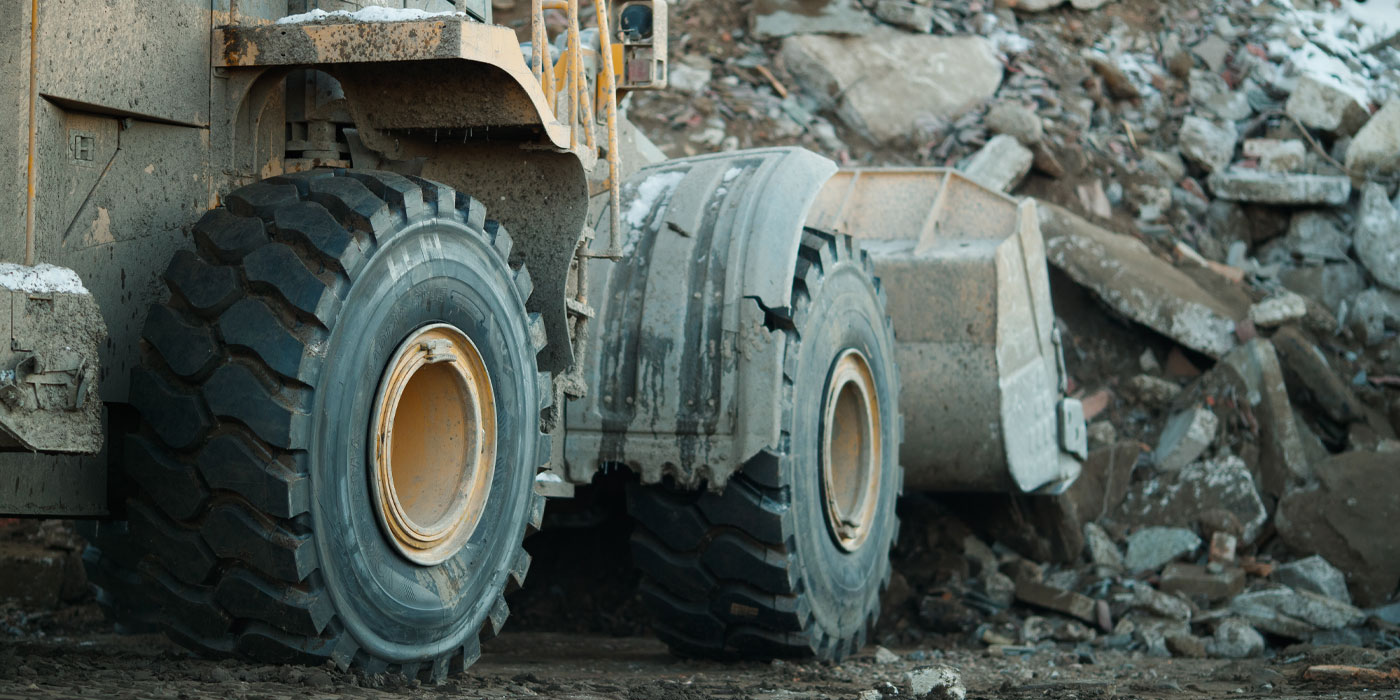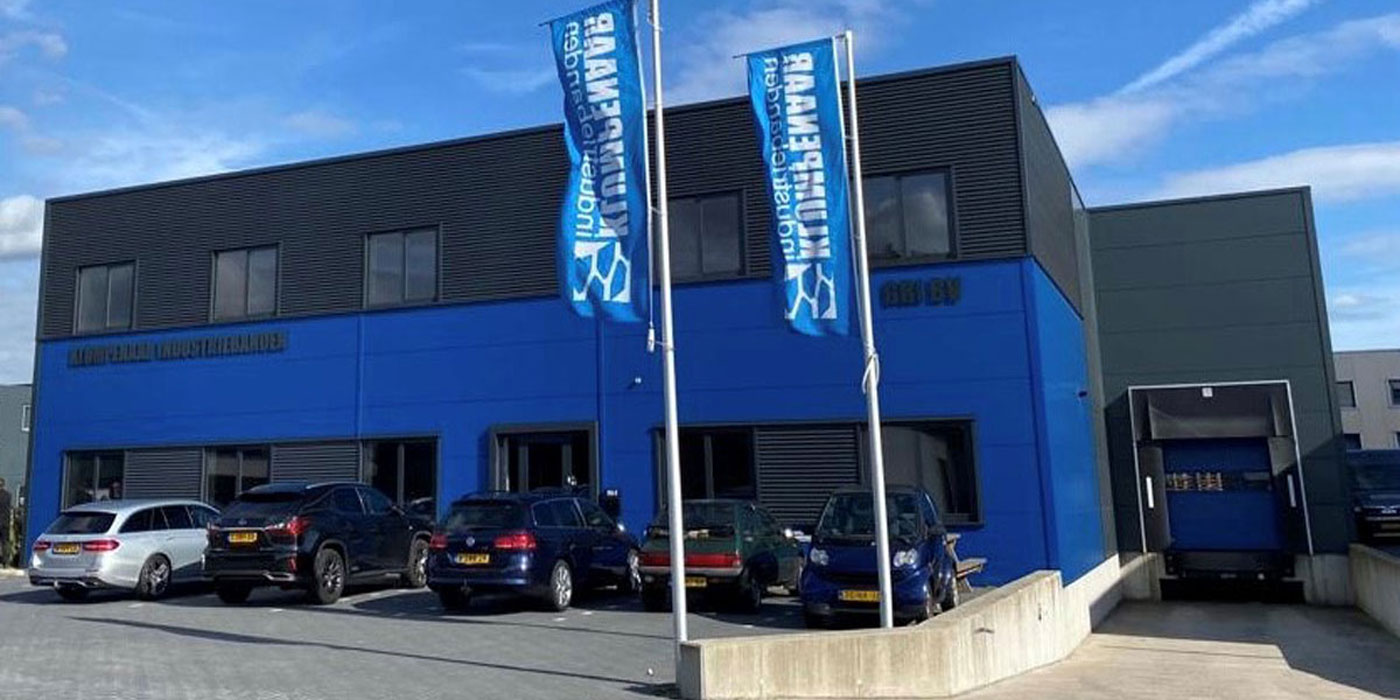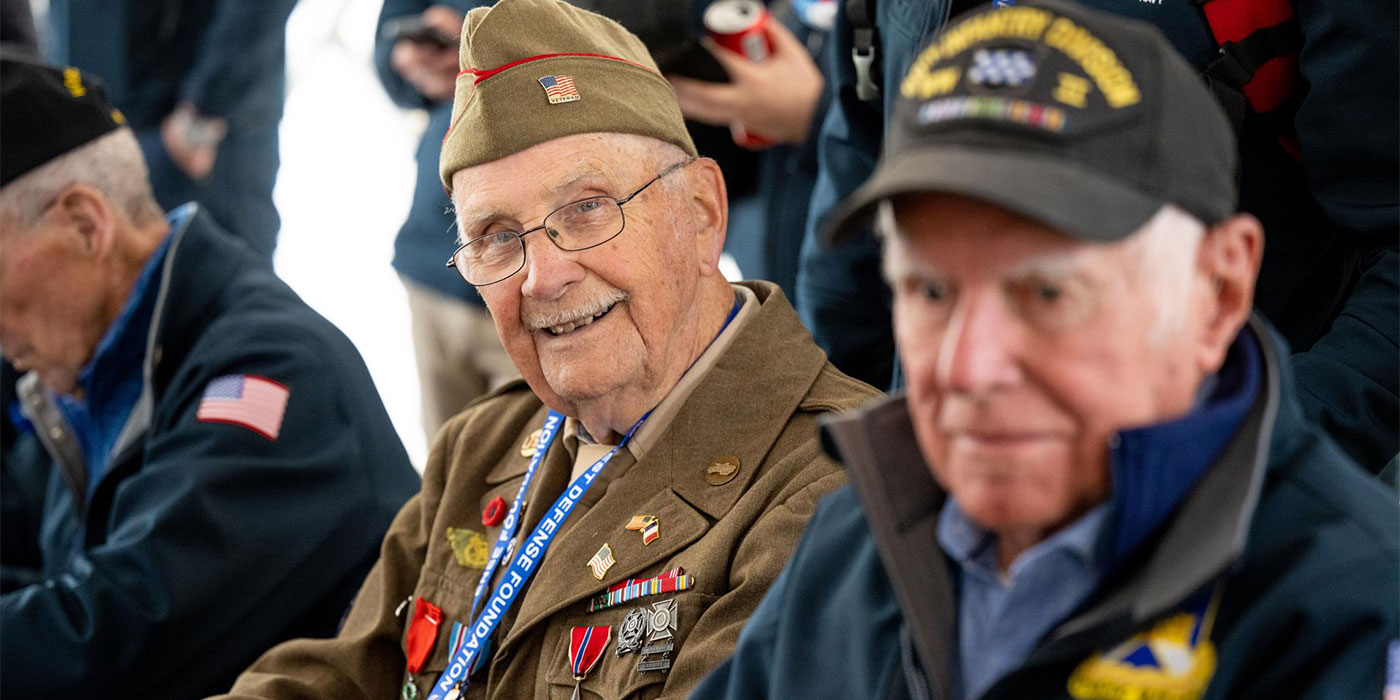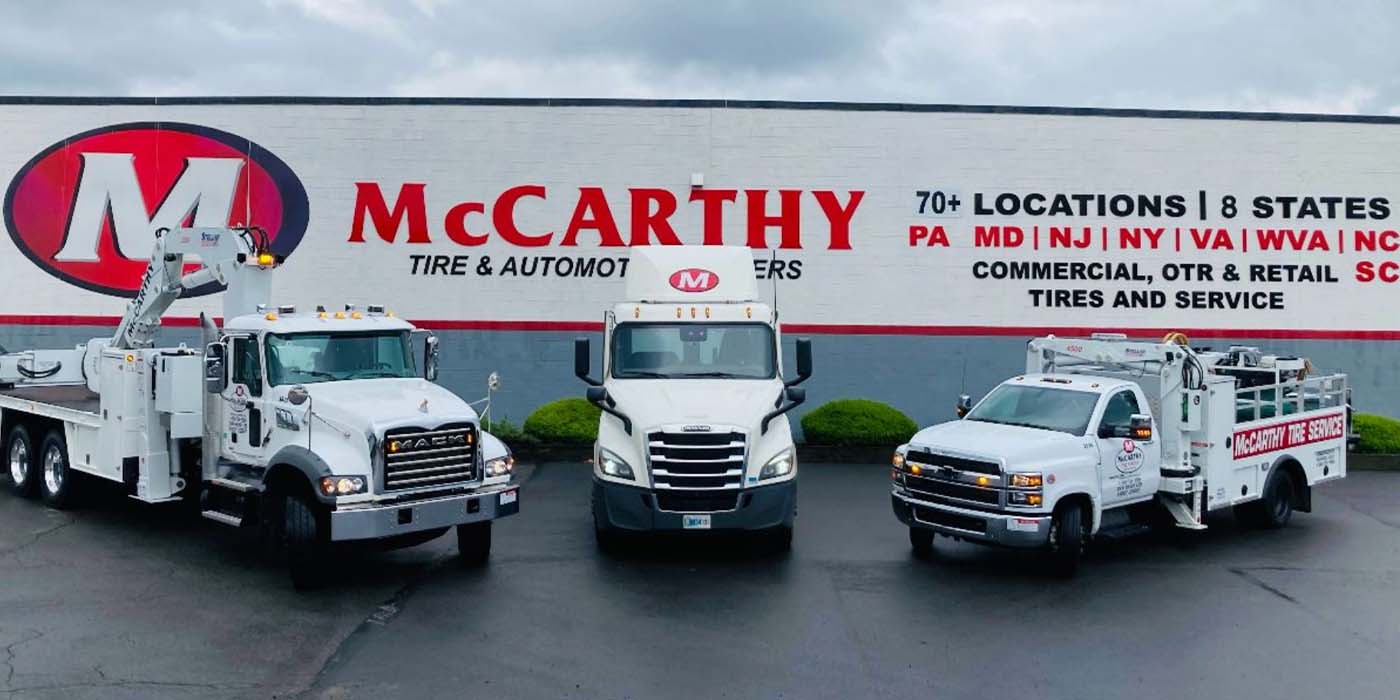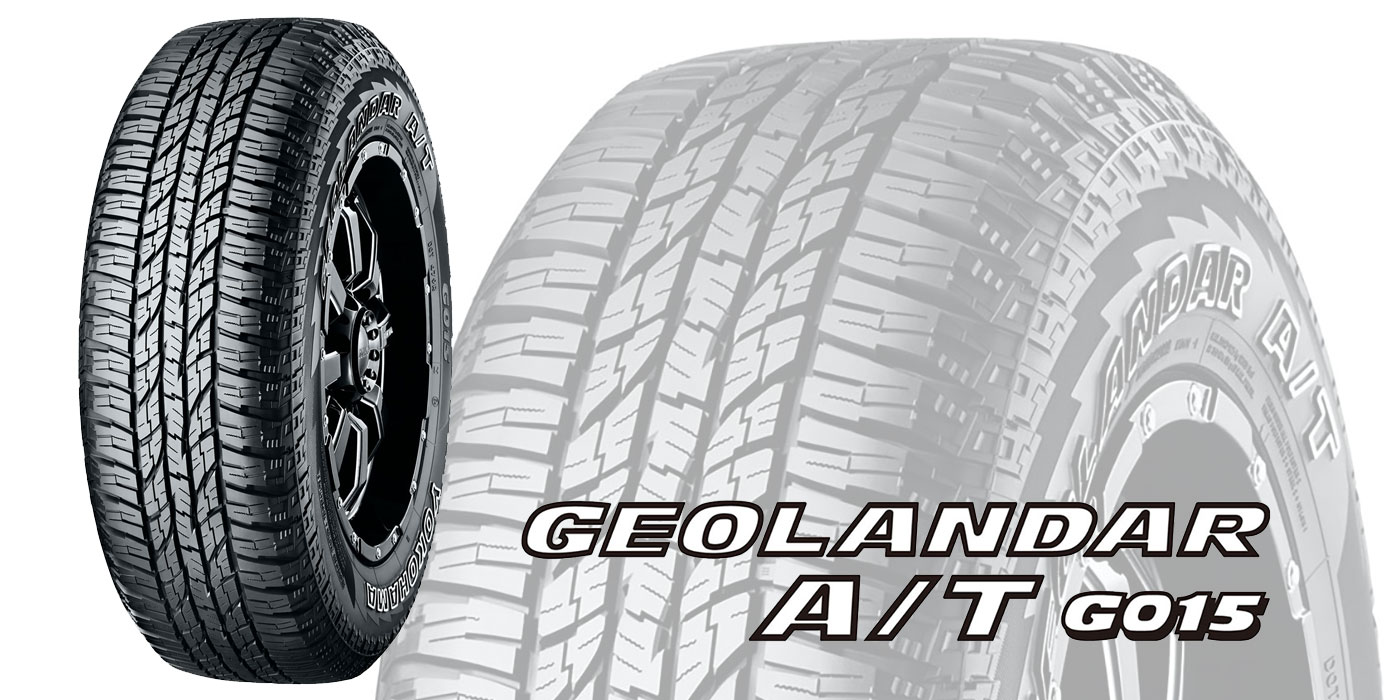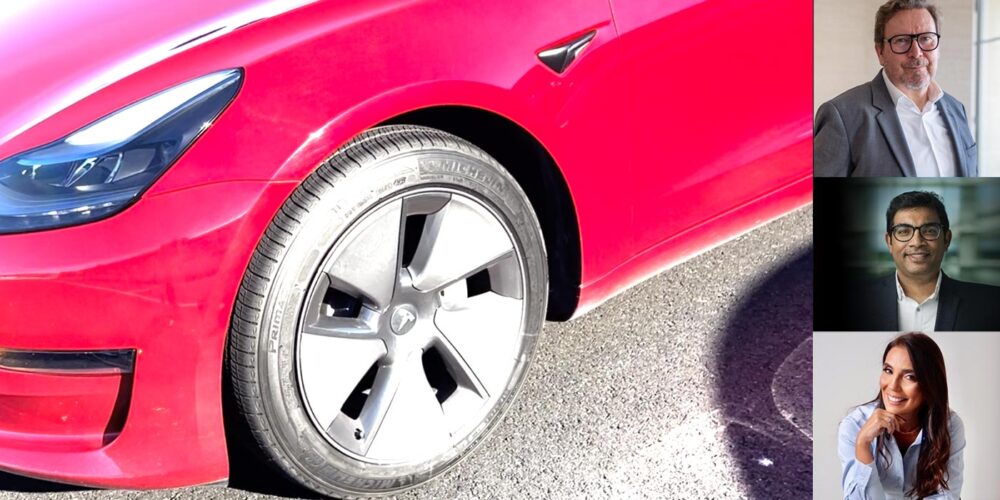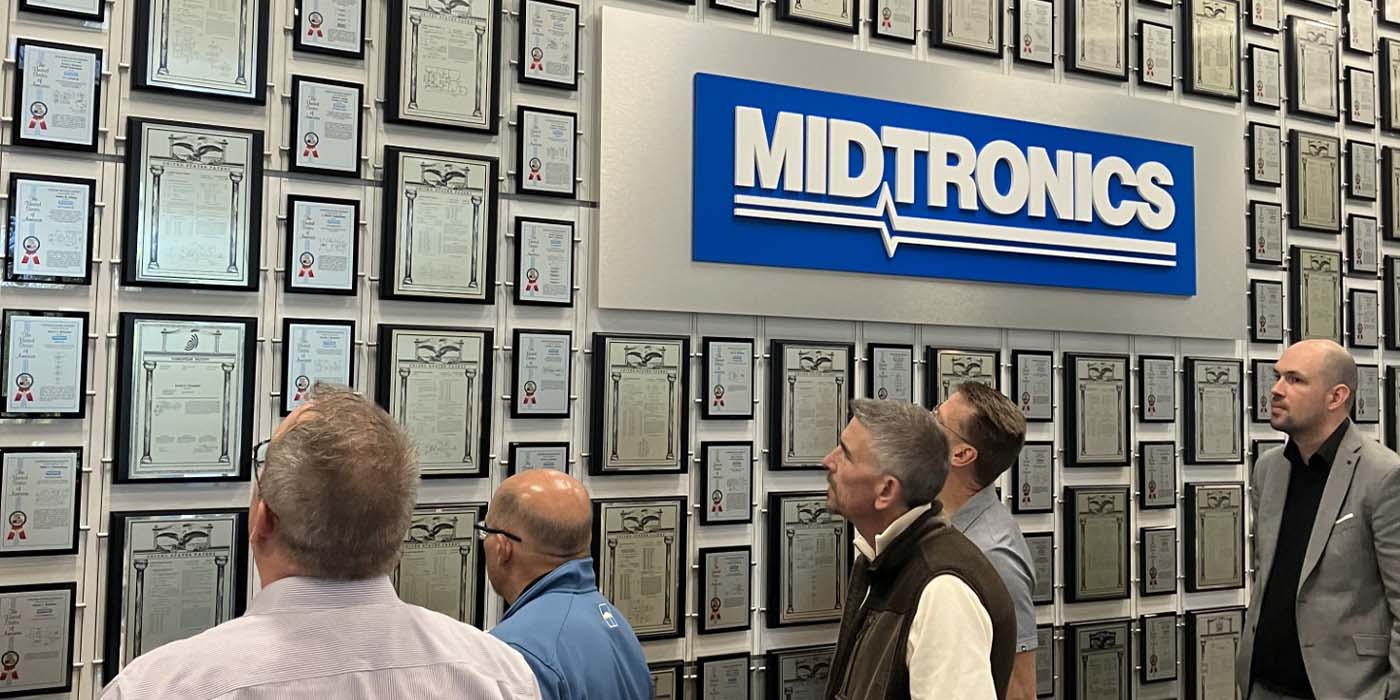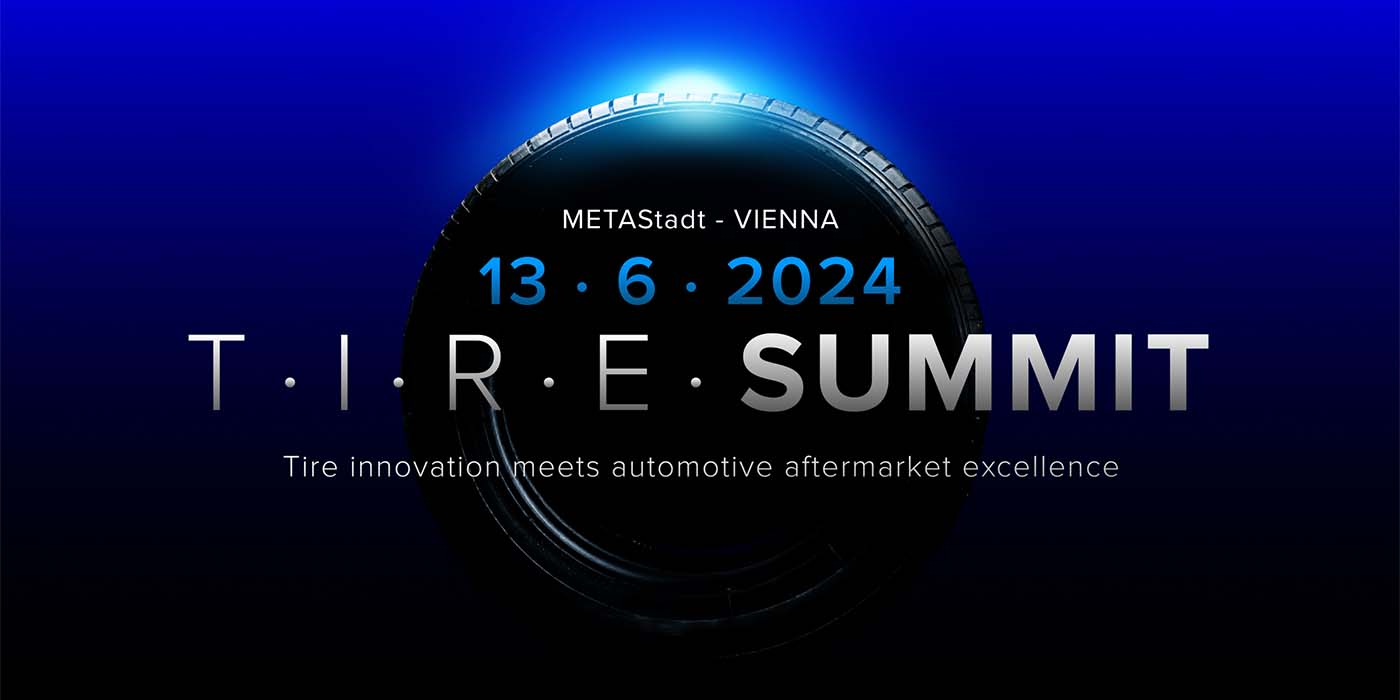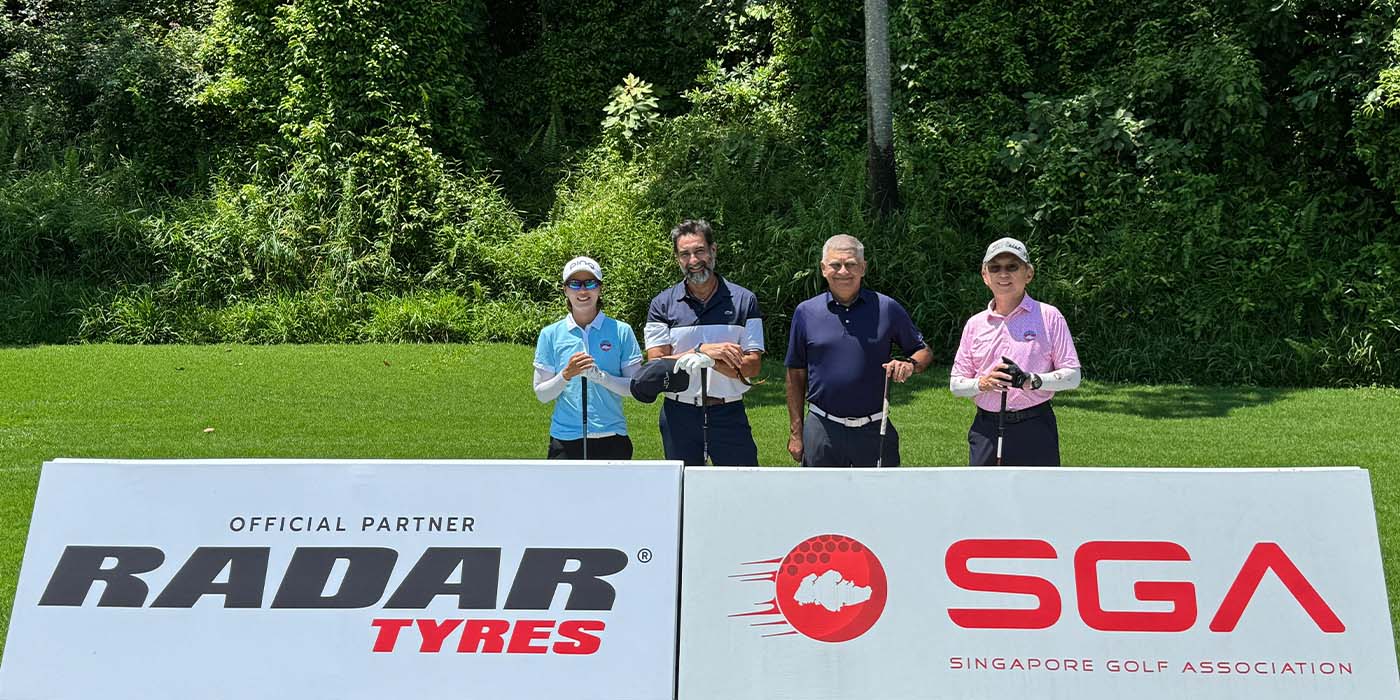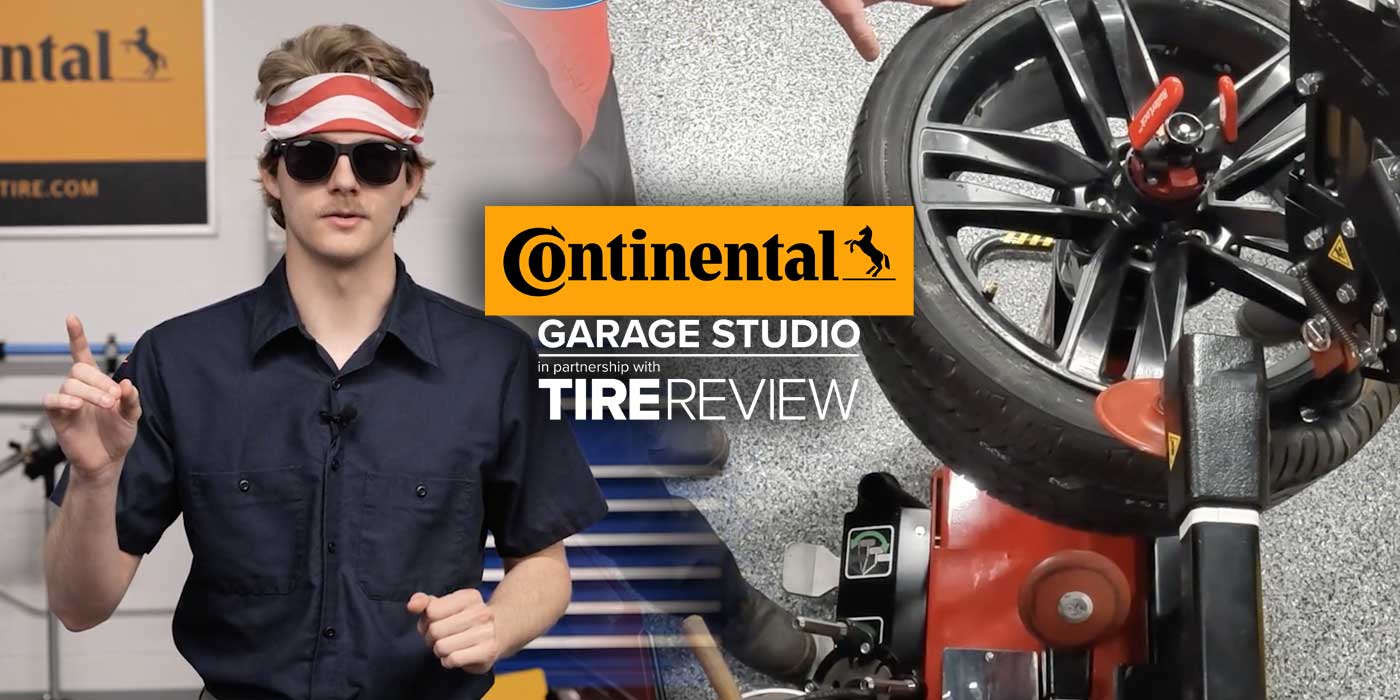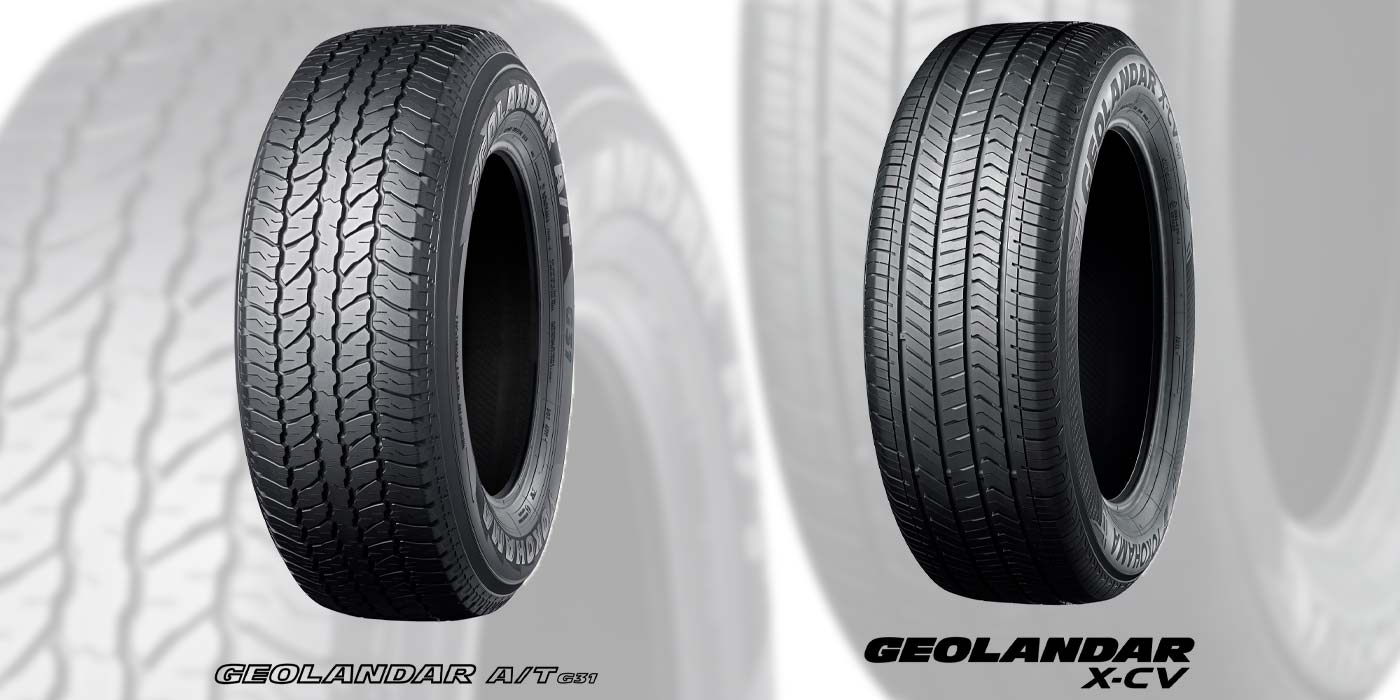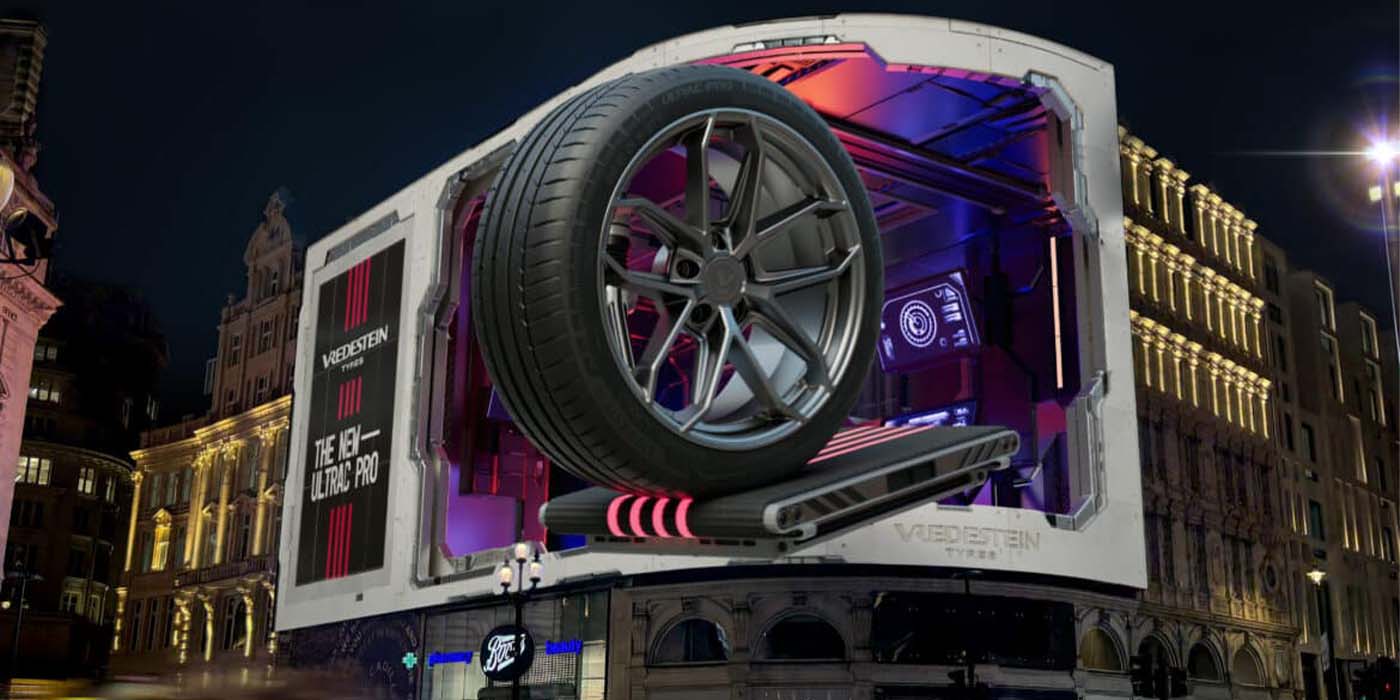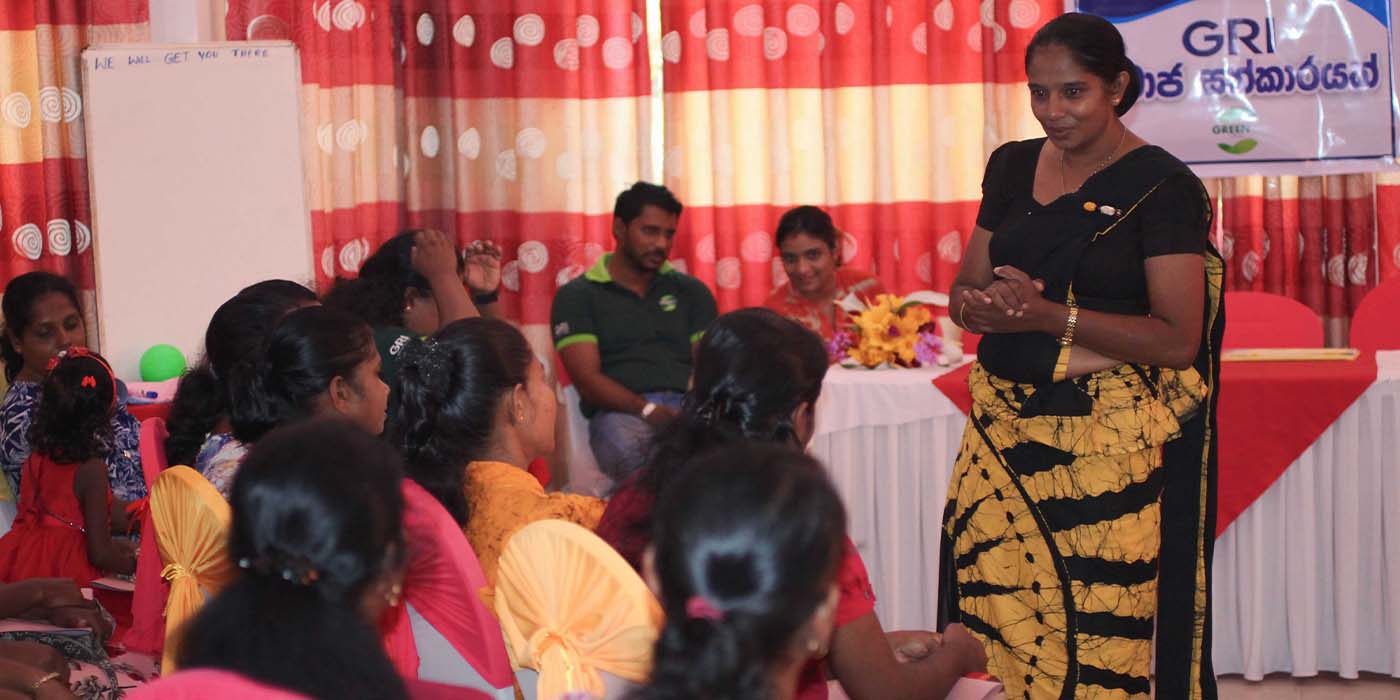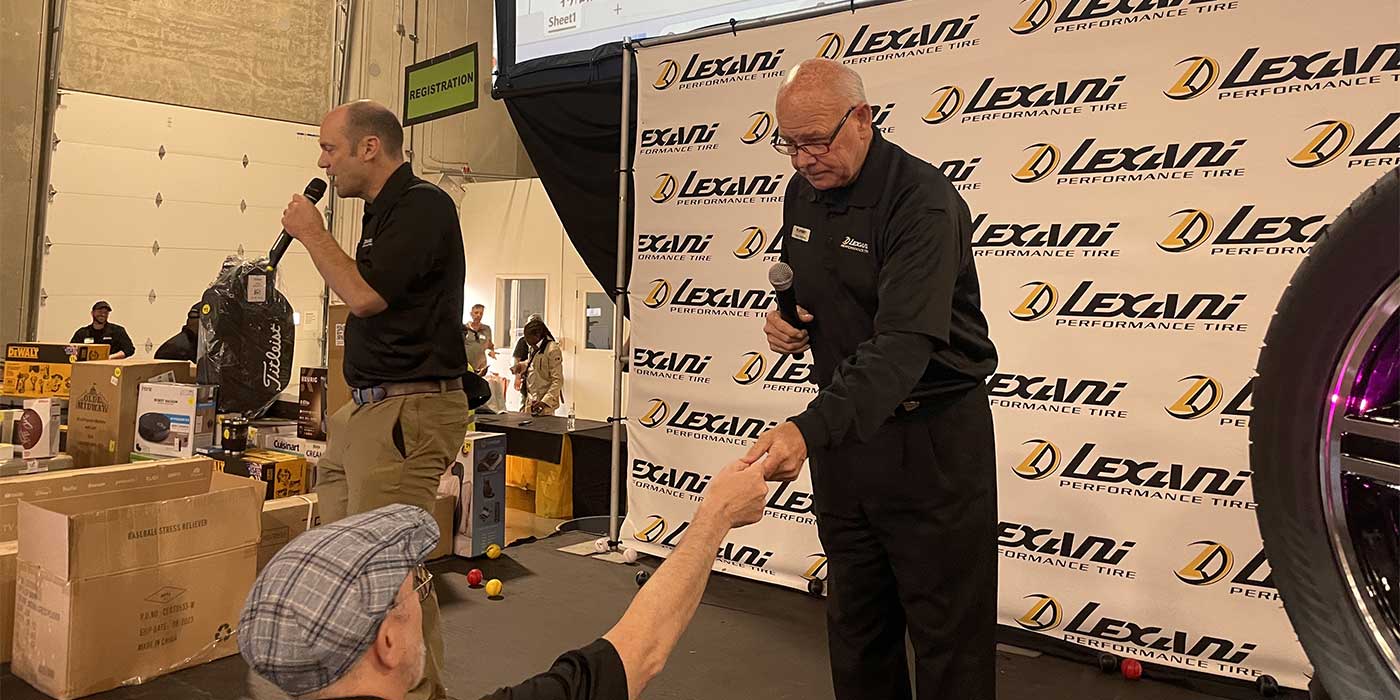In the heart of Warwickshire, a hop, skip and a jump from the tourist magnet that is Stratford-upon-Avon, lies the U.K. headquarters of a company whose name is every bit as famous as that of the Bard. From these pleasant surroundings the world’s largest tyre manufacturer directs its entire British operations, with managerial, sales, support and technical staff all situated under the one roof. In addition to this, the offices serve one further, important purpose – as the nerve centre for Bridgestone’s UK training programmes.
Established in June 2005 by Paul Turner, a man who started out in the business as a tyre fitter more than 20 years ago and has got his hands dirty in a number of roles, the Bridgestone Training Department has seen Paul and colleague Phil Thirsk, who joined the fledgling operation three months after its creation, fully engaged in the development and delivery of training for Bridgestone’s UK partners and customers.
“Initially we concentrated on Kingsway Tyres as a partner,” comments Paul Turner to Tyres & Accessories. “Then we began with the Truckpoint network and First Stop partners.” Even today these three channels account for the lion’s share of training performed by the Bridgestone Training Department, with Truckpoint requesting the most courses.
On offer are courses that cover a range of competencies required for persons employed as car and truck tyre technicians, and Turner believes that, of these, it is the courses related to health and safety that have the potential to most benefit the tyre industry. “It became apparent that the levels of safety within the industry were not sufficient,” he says. “There was a long held image of it being slightly dodgy, the back street tyre depot with little regard for health and safety. We want to raise the image of the tyre technician – they’re not just ‘tyre fitters’ any more.”
Dealers appear to share Turner’s opinion regarding health and safety – the most demanded courses are those focusing on this subject, with roadside breakdown training proving particularly popular – the Training Department holds two breakdown courses each week, with six people attending each course. Turner shows an obvious satisfaction that this particular training unit has been well received. “Roadside breakdown is one of the most dangerous aspects of the tyre technician’s job,” he relates. “A number of fatalities occurred while attending breakdowns last year. There has been talk for some time that everyone that goes out on the road to perform breakdown recovery needs to be qualified.” Such a measure would gain the Bridgestone training manager’s wholehearted approval.
“People shouldn’t be allowed to go out on the road until qualified,” states Turner emphatically. “They shouldn’t be on the road, they are not only a danger to themselves, they are a danger to others.” He added that the vast majority of people have no idea what it is like to stand on the hard shoulder with trucks rushing past. “Technicians need to know how to work safely.”
All Bridgestone Training Department courses are approved by the Institute of the Motor Industry, an organisation of which both Paul Turner and Phil Thirsk are members. A prerequisite of course approval is that the trainers must first demonstrate evidence of their skill in this area, evidence that usually comes in the form of certification. But Turner and Thirsk’s credentials as course trainers also come, unofficially, from other quarters. “The technicians attending our courses could easily spot a trainer who only has only gained his knowledge from a book,” Paul Turner comments. “Attendees respond better when they realise I’ve done my time and been out in the rain doing the job just as they have.”
To further make attendees feel at home each training session is delivered in an informal and down to earth manner – shirts and ties, the generally obligatory uniform of corporate training, are dispensed with. And a hands-on emphasis is built into courses wherever possible. Turner comments that passive learning, such as PowerPoint displays, is kept to a minimum with the focus instead being on the interactive elements of courses. This approach appears to be appreciated – each course performed by the Bridgestone Training Department, whether it be internal or dealer training, is evaluated by a feedback form, from which a number of Key Performance Indicators are measured. When results are evaluated courses typically experience positive feedback in the vicinity of 85%.
The statistics show that course attendees approve of the training offered by the Bridgestone Training Department, but what is the general opinion of the dealers themselves? “When we first started the attitude was that training was a burden without any real benefit,” Paul Turner admits. “But there has been a shift. Dealers now realise that training is crucial to business survival. If they don’t receive training, staff fall behind on technology.” Turner adds that training has been shown to improve staff retention levels by enabling employees to develop a more professional image. “The job has changed completely since I started out. People don’t realise how much there now is to it, especially with large vehicles.”
The courses on offer have been modified and re-written for U.K. conditions and some, such as the tyre handling courses, have been produced from scratch by Turner and Thirsk. And because all Bridgestone Training Department courses are performed in-house, bespoke training can be arranged for individual customers. “Customers can approach us, as Aston Martin did in August, and say ‘I want this particular element in the course, but leave this other part out’, and we can do this,” says Turner.
Although the two trainers are already working to capacity, with training, preparation and travelling to course venues making their job very much a full time one, the implementation of new courses is an ongoing process for the Bridgestone Training Department. The need for new courses is identified through feedback from departmental and product managers, as well as from talking to people at Truckpoint and First Stop meetings. Presently two new courses are in development; a customer service training module and manual handling for tyres – this second topic a very highly requested course for what is increasingly becoming a major issue for tyre dealers.
The team’s focus for the next few years is to continue rolling out its current training program and to implement new courses as the market demands. “Excuse the clichÉ,” comments Turner, “but the next few years will be ‘onwards and upwards’, with more courses and more delegates.” He adds that the focal point of the training on offer will continue to be, above all, the improvement of health and safety and the elimination of the ‘it’ll never happen to me’ attitude.
“When people think of tyre industry training,” says Turner, “we want Bridgestone to be one of the first names they think of in terms of certified industry recognised training.” The Bridgestone Training Department’s first two years of operation have done much towards achieving this goal, and both Paul Turner and Phil Thirsk display every confidence that the training product offered by the Department will continue to receive the industry-wide recognition it deserves. “Everything is going well,” Turner adds. “Our courses are very well received, very popular.”

